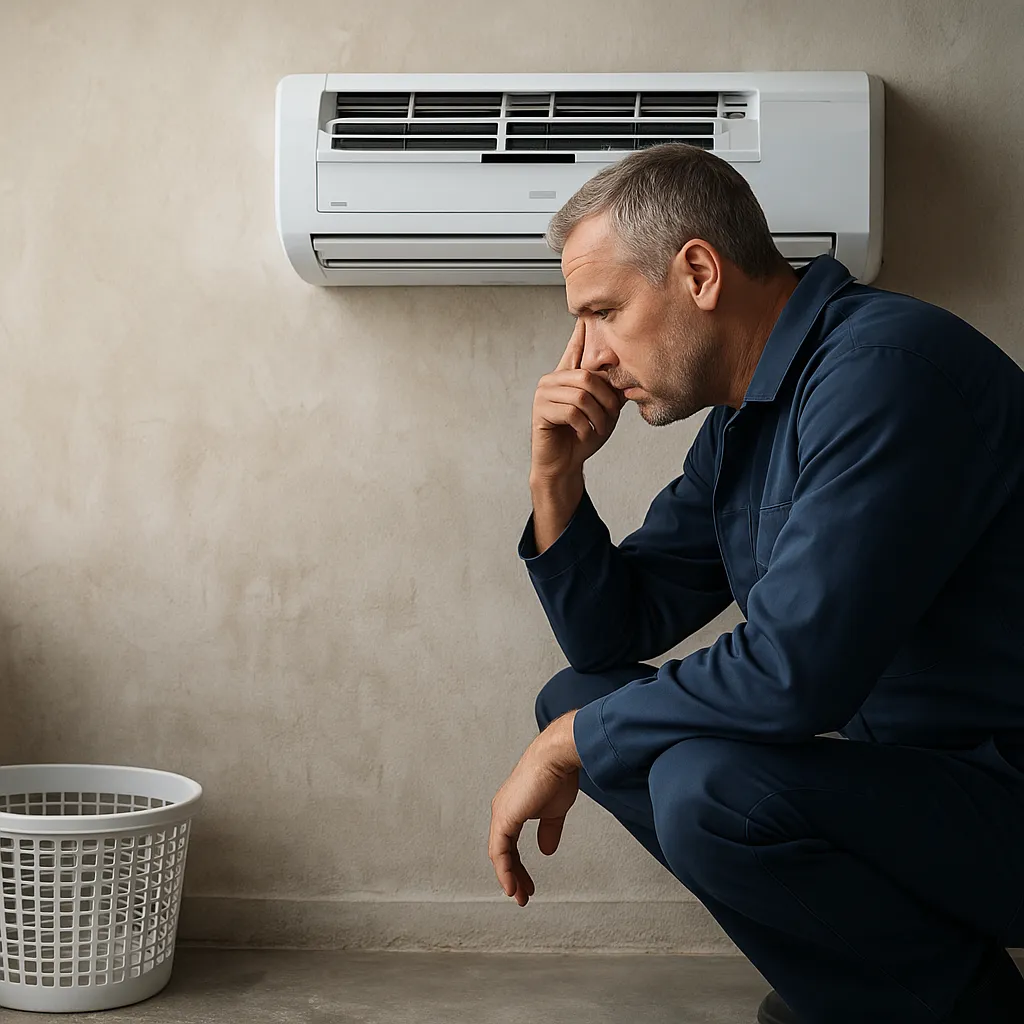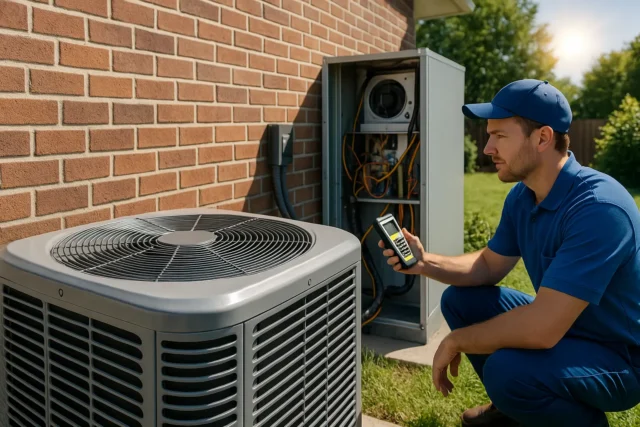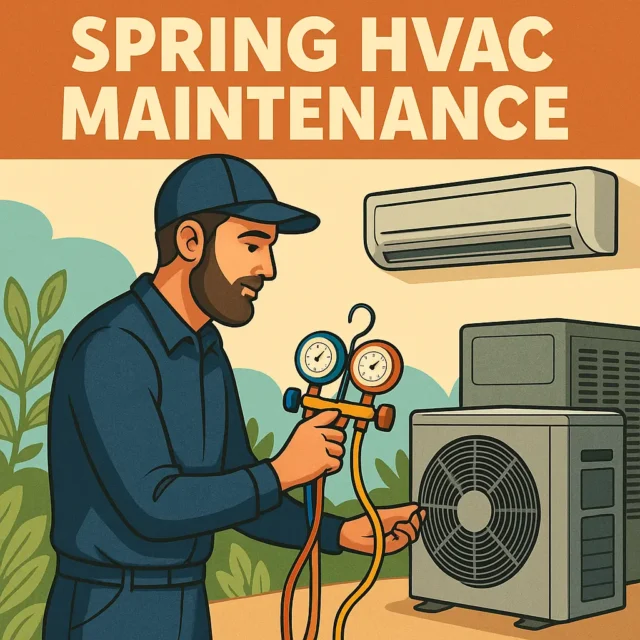Clear Signs Your AC Is Going Out and Needs Quick Repair

When your air conditioner starts acting up during the hottest days of summer, it can quickly turn into a stressful situation. Knowing the warning signals early helps you prevent full breakdowns, expensive repairs, and discomfort at home. In this article, we’ll walk you through the clearest signs your AC is going out, why they happen, and what you should do next.
Why Recognizing Signs Your AC Is Going Out Matters
Air conditioners are built to last, but even the best systems eventually wear down. Recognizing warning signs early can:
Save money on costly repairs
Extend the lifespan of your unit
Keep your home cool and comfortable
Improve indoor air quality
Lower electricity bills
Ignoring issues may seem convenient, but small problems often grow into larger, expensive ones.
Common Symptoms That Show Your AC Is Struggling
Inconsistent Cooling Throughout Your Home
If one room feels icy cold while another is warm, your AC may be losing efficiency. This uneven cooling usually means poor airflow, duct leaks, or a failing compressor.
Strange or Loud Noises
Banging, buzzing, grinding, or squealing sounds are all red flags. Healthy AC systems run quietly. Unusual noises often signal loose parts, failing motors, or something stuck in the fan.
Weak Airflow
When the air coming out of your vents feels weak, your system may be blocked or the blower motor could be malfunctioning. Weak airflow makes the AC work harder, raising your energy bills.
High Energy Bills Without Explanation
If your electricity bill suddenly spikes without extra usage, your AC may be running inefficiently. Aging units consume more power to achieve the same cooling.
Other Warning Signs You Can’t Ignore
Frequent Cycling On and Off
Does your AC turn on and off constantly? This “short cycling” can damage the system and shows that it’s struggling to keep up with demand.
Water Leaks or Moisture Around the Unit
Any sign of pooling water or excess condensation means there could be a blocked drain line, broken pump, or even refrigerant issues.
Foul Odors Coming From Vents
Musty or burning smells are never normal. A musty odor could indicate mold, while a burning smell might point to electrical problems.
Old Age of the System
Most AC units last 10–15 years. If your system is older and showing any of the above symptoms, it’s probably time to plan for a replacement.
What To Do If You Notice These Signs
Call a professional early – Don’t wait for the unit to fail completely.
Schedule regular maintenance – Cleaning filters, checking refrigerant, and tuning the system prevent breakdowns.
Consider repair vs. replacement – A licensed technician can tell you if fixing the unit is still cost-effective.
For expert support, you can always explore our AC Repair Service to get fast and reliable help.
How to Prevent Your AC From Going Out Too Soon
Change or clean filters every 1–2 months
Keep the outdoor unit free from leaves and dirt
Check ductwork for leaks
Use a programmable thermostat to reduce strain
Schedule professional tune-ups twice a year
Preventive care goes a long way toward extending the life of your AC system.
Final Thoughts
Your air conditioner keeps your home comfortable, but only if it’s in good shape. Recognizing the early signs your AC is going out can save you money, prevent frustration, and help you enjoy a stress-free summer. Whether it’s unusual noises, weak airflow, or unexpected energy bills, these are all signals your system needs attention.
If you spot any of these warning signs, don’t wait until your AC breaks down completely. Acting quickly and calling for professional service will ensure your cooling system runs smoothly when you need it most.


